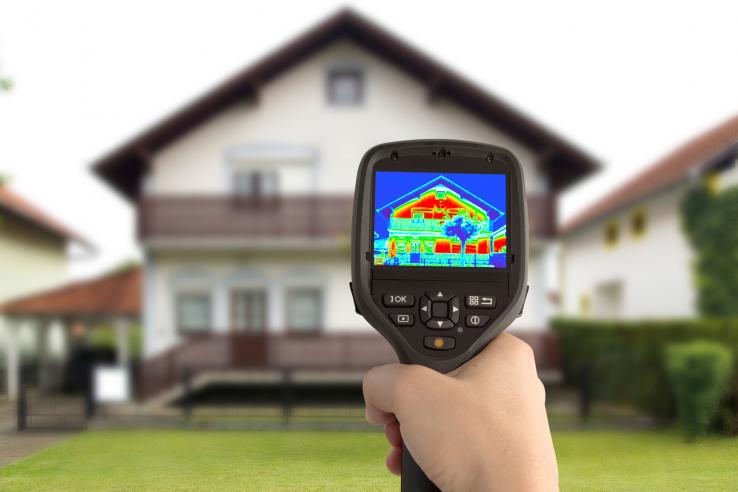Search our database of 1,200+ summaries of randomized evaluations conducted by our affiliates in 96 countries. To browse key policy recommendations from a subset of these evaluations, visit the Policy Publications tab above.
Displaying 193-200 of 1180









